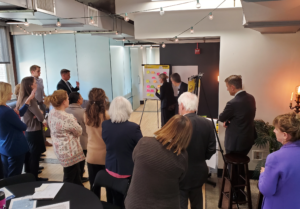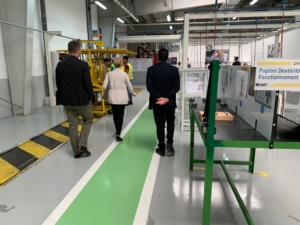The United States Agency for International Development (USAID) Bureau for Humanitarian Assistance (BHA) assists the world’s most vulnerable and hardest-to-reach people. As U.S.-sourced commodities move along the supply chain to these people, stakeholders and partners use their information technology (IT) systems for sending, validating, and reconciling food aid deliveries. In this effort, an estimated 13,400 MT of food–enough to feed 67,080 people for one year–will be lost to poor supply chain management within 15 years.
Opportunity
Currently, commodities are sent from suppliers to transport points or warehouse facilities at different logistical nodes of the supply chain, including U.S. ports, foreign discharge ports, and U.S. and international USAID prepositioning warehouses (PREPO). At some point in the process, the food commodities are transferred to partner organizations responsible for distributing them using their transport and distribution partner networks and information tracking systems (see Figure 1 below). As U.S.-sourced commodities move along the supply chain, stakeholders use their own IT systems for sending, validating, and reconciling food aid deliveries. The result is a supply chain structure in which fragmented information flows impede the full potential of effectively managing and tracking food aid commodities.
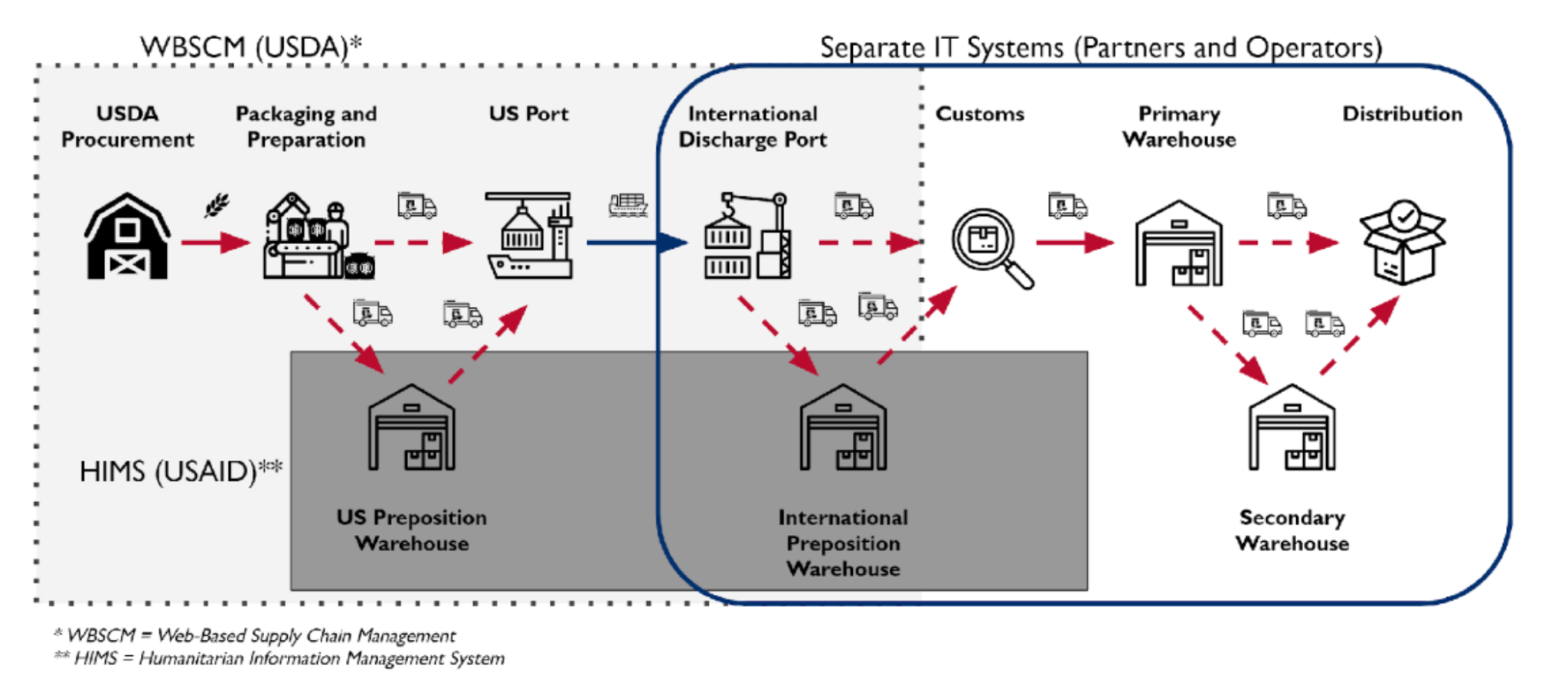
Figure 1. Existing U.S.-Sourced Food Commodity Supply Chain
Integra assisted USAID/BHA in assessing the economic feasibility of implementing a new AIDC system. Integra estimated that an initial investment cost of $2 million and $350,000 in annual maintenance would be sufficient to cover the scope of the project’s scope—including printing QR codes and establishing an AIDC system. The team also estimated that the new system would pay for itself in roughly six years.
Integra also assessed the technical and operational feasibility of implementing an AIDC and QR system. Integra believes this goal can be achieved by implementing the IT solutions over three phases. Phase one would focus on developing the project scope by a cross-functional team of supply chain stakeholders. Phase two would include investing in the systems needed to print, collect, and store QR codes. The final phase would involve partners’ adoption of the AIDC system.
Additionally, the team made recommendations to ensure implementation success, including:
- USAID and other stakeholders should agree on a well-coordinated, holistic approach for rolling out new technologies, such as common IT requirements and realistic timelines for adoption.
- The initiative will need the active support of senior leaders, such as division chiefs, directors, and administrators, to implement the IT solutions successfully.
- USAID should implement QR codes (Phase II) over three cycles to provide ample time for identifying the packaging requirements and printing processes for adding QR codes to certain commodities.
- USAID should use custom QR codes in its initial rollout for a limited set of food categories without integration requirements or complexity.
- USAID officials with strong technical and leadership skills should lead the AIDC process to increase the likelihood of success.
- The AIDC solution design and implementation plan should be socialized with stakeholders.
- The rollout of any IT solutions should be combined with a robust training program customized for each stakeholder group.
USAID/BHA has implemented Integra’s recommendations and has said, “Thank you again for all your support. Know that we are really listening to your suggestions with the work we are doing with MIT LL (MIT Lincoln Lab)” and “The supply chain management division is already implementing some of their study recommendations in [the] pilot program.”
Impact
To mitigate food waste, USAID/BHA is assessing the impacts of upgrading their tracking system from paper forms, spreadsheets, and emails to an Automatic Identification and Data Capture (AIDC) system that uses Quick Response (QR) codes. QR codes are two-dimensional barcodes that hold data in a compact format and can be instantly read by scanners or mobile phones. The system outlined in Figure 2 would reduce time and errors associated with manual entry by collecting data at key supply chain points. USAID/BHA’s monitoring and evaluation system would also be enhanced through improved food aid management, beneficiary targeting, and product traceability.
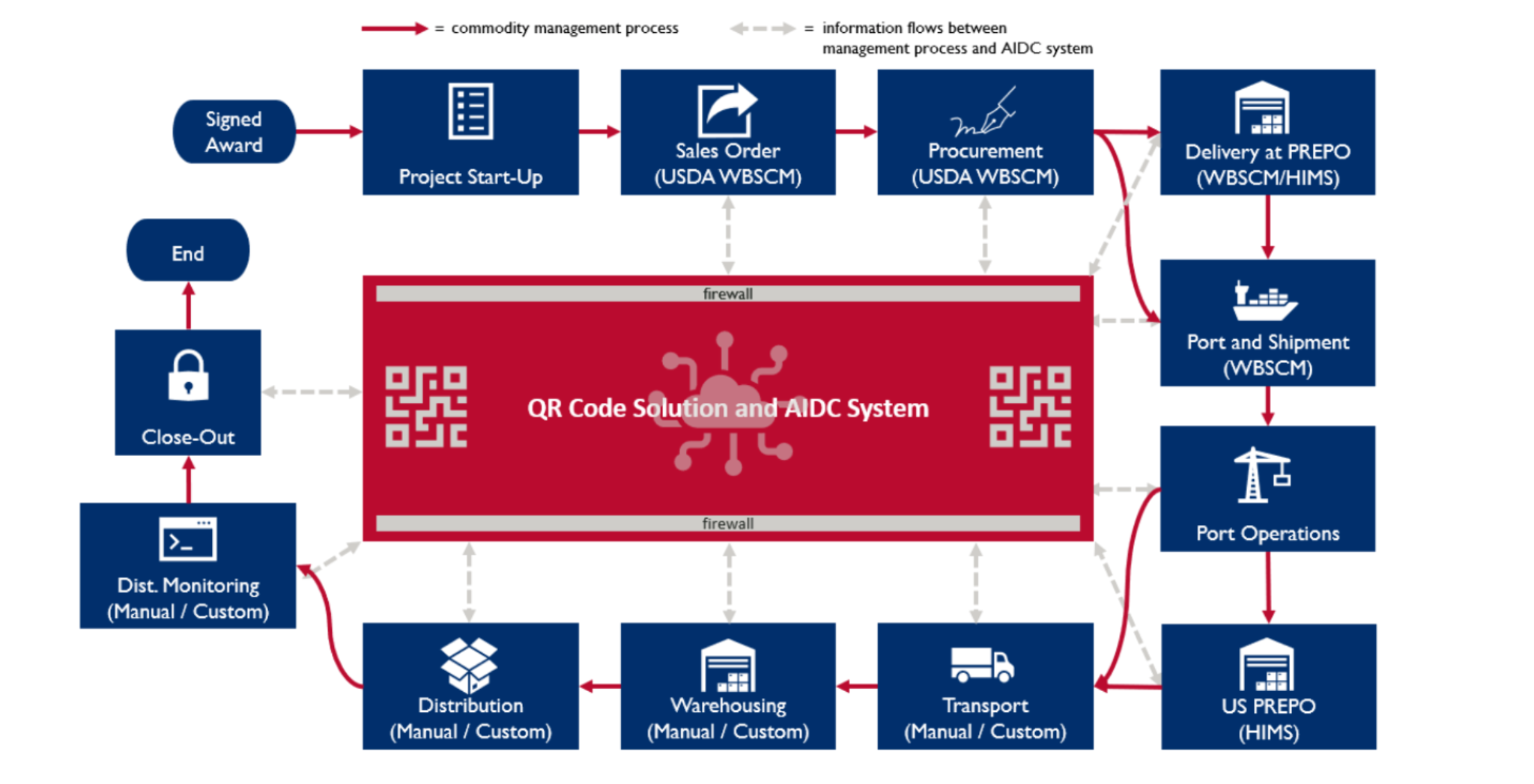
Figure 2. Implementing the QR Code and AIDC Solutions Across BHA’s Supply Chain
Integra assisted USAID/BHA in assessing the economic feasibility of implementing a new AIDC system. Integra estimated that an initial investment cost of $2 million and $350,000 in annual maintenance would be sufficient to cover the scope of the project’s scope—including printing QR codes and establishing an AIDC system. The team also estimated that the new system would pay for itself in roughly six years.
Integra also assessed the technical and operational feasibility of implementing an AIDC and QR system. Integra believes this goal can be achieved by implementing the IT solutions over three phases. Phase one would focus on developing the project scope by a cross-functional team of supply chain stakeholders. Phase two would include investing in the systems needed to print, collect, and store QR codes. The final phase would involve partners’ adoption of the AIDC system.
Additionally, the team made recommendations to ensure implementation success, including:
- USAID and other stakeholders should agree on a well-coordinated, holistic approach for rolling out new technologies, such as common IT requirements and realistic timelines for adoption.
- The initiative will need the active support of senior leaders, such as division chiefs, directors, and administrators, to implement the IT solutions successfully.
- USAID should implement QR codes (Phase II) over three cycles to provide ample time for identifying the packaging requirements and printing processes for adding QR codes to certain commodities.
- USAID should use custom QR codes in its initial rollout for a limited set of food categories without integration requirements or complexity.
- USAID officials with strong technical and leadership skills should lead the AIDC process to increase the likelihood of success.
- The AIDC solution design and implementation plan should be socialized with stakeholders.
- The rollout of any IT solutions should be combined with a robust training program customized for each stakeholder group.
USAID/BHA has implemented Integra’s recommendations and has said, “Thank you again for all your support. Know that we are really listening to your suggestions with the work we are doing with MIT LL (MIT Lincoln Lab)” and “The supply chain management division is already implementing some of their study recommendations in [the] pilot program.”

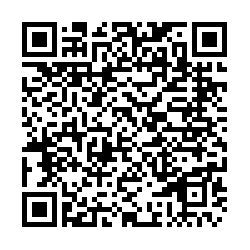
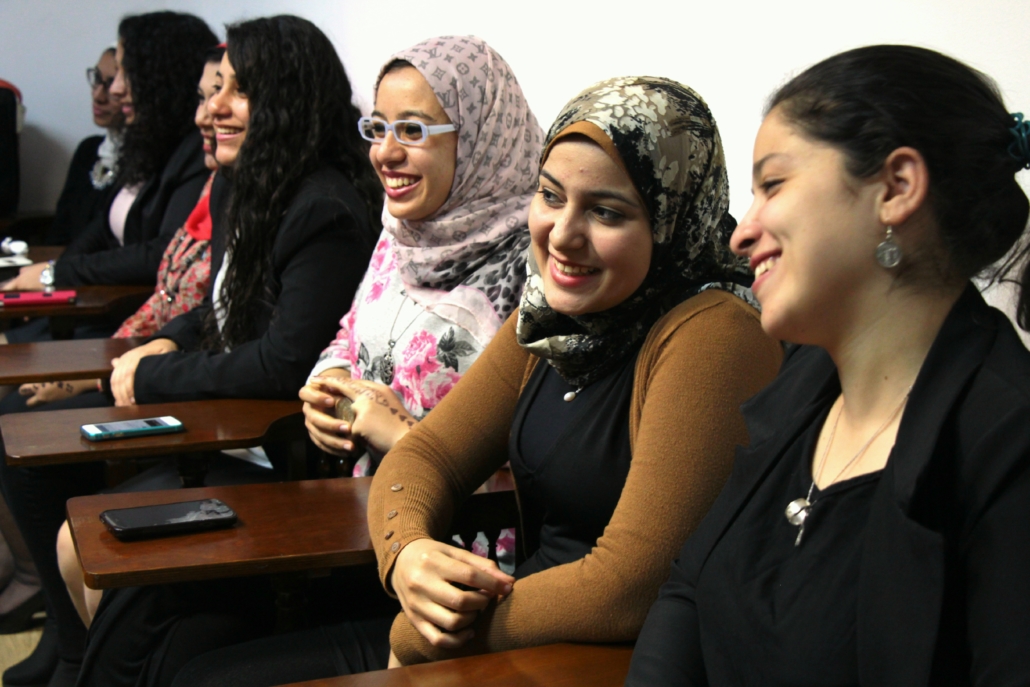
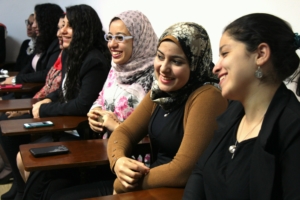
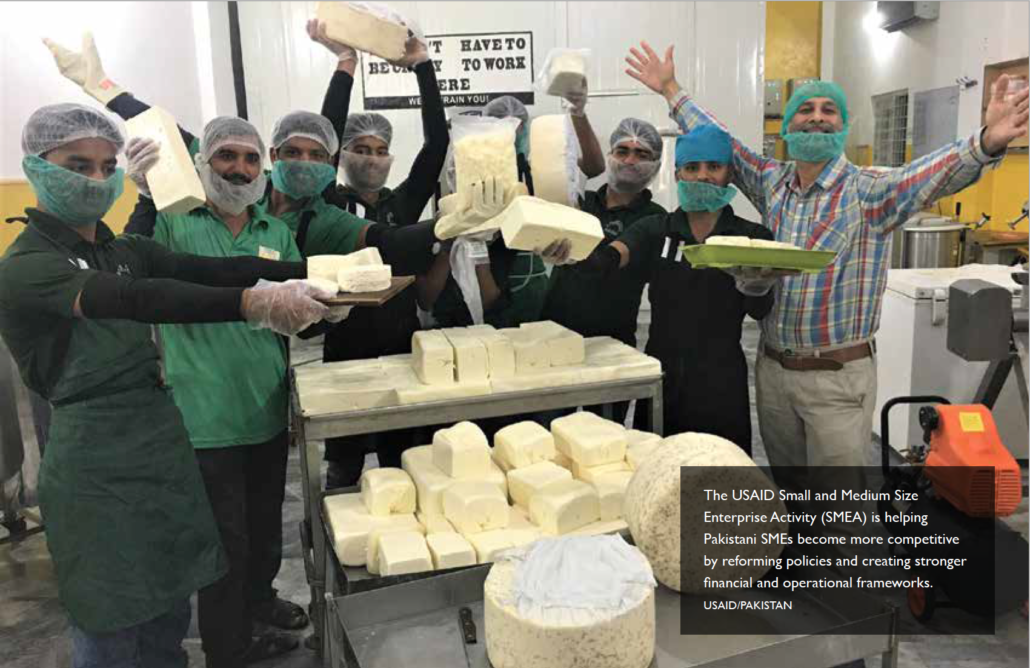
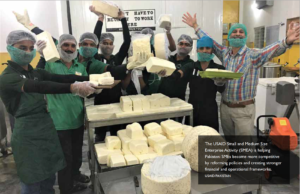
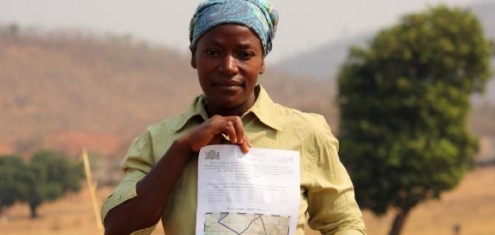

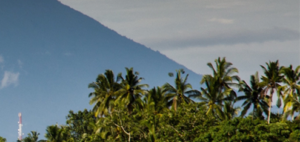 In late July
In late July 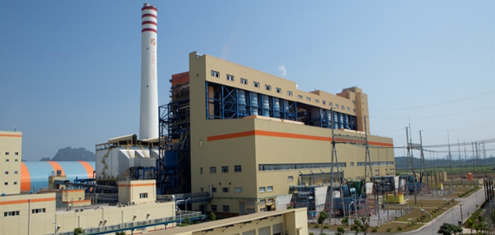
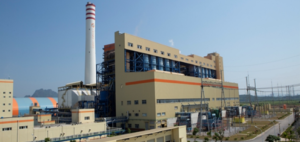 Integra has been instrumental in advising USAID Vietnam and guiding the Government of Vietnam (GVN) Ministry of Planning and Investment (MPI), the National Assembly (NA), and the Vietnam Chamber of Commerce and Industry (VCCI) through the process of addressing the policy and legal constraints to Public Private Partnerships (PPP). Core to the engagement is expanding the understanding of PPPs among Government Officials and the Private Sector, guiding updates to the PPP Law to align with international standards and best practices, and building policy consensus.
Integra has been instrumental in advising USAID Vietnam and guiding the Government of Vietnam (GVN) Ministry of Planning and Investment (MPI), the National Assembly (NA), and the Vietnam Chamber of Commerce and Industry (VCCI) through the process of addressing the policy and legal constraints to Public Private Partnerships (PPP). Core to the engagement is expanding the understanding of PPPs among Government Officials and the Private Sector, guiding updates to the PPP Law to align with international standards and best practices, and building policy consensus.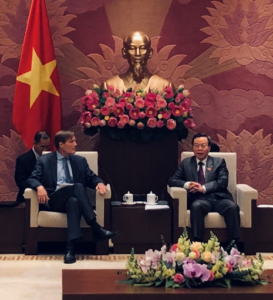
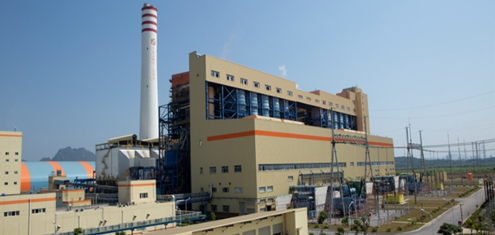
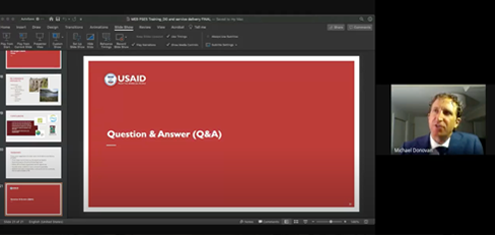
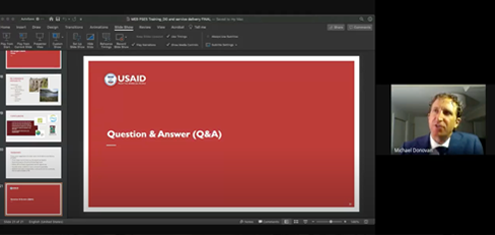 During the COVID-19 pandemic, Integra is continuing to provide modified support for the USAID/Middle East Bureau under the USAID
During the COVID-19 pandemic, Integra is continuing to provide modified support for the USAID/Middle East Bureau under the USAID 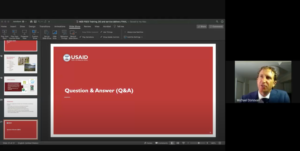
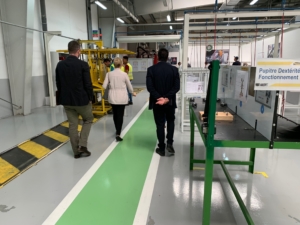
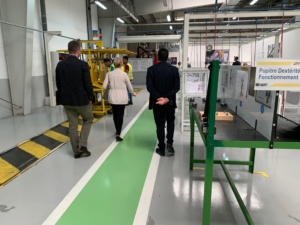 USAID issued its first Private Sector Engagement (PSE) Policy in December 2018, codifying nearly two decades of formal collaboration with private sector actors, as well as earlier Agency initiatives which recognized the private sector’s role in development. The PSE Policy, described as “a call to action” in the document itself, recognized the private sector’s fundamental role in ending the need for foreign assistance, and aims to inspire and equip USAID staff to work hand-in-hand with private sector actors.
USAID issued its first Private Sector Engagement (PSE) Policy in December 2018, codifying nearly two decades of formal collaboration with private sector actors, as well as earlier Agency initiatives which recognized the private sector’s role in development. The PSE Policy, described as “a call to action” in the document itself, recognized the private sector’s fundamental role in ending the need for foreign assistance, and aims to inspire and equip USAID staff to work hand-in-hand with private sector actors.